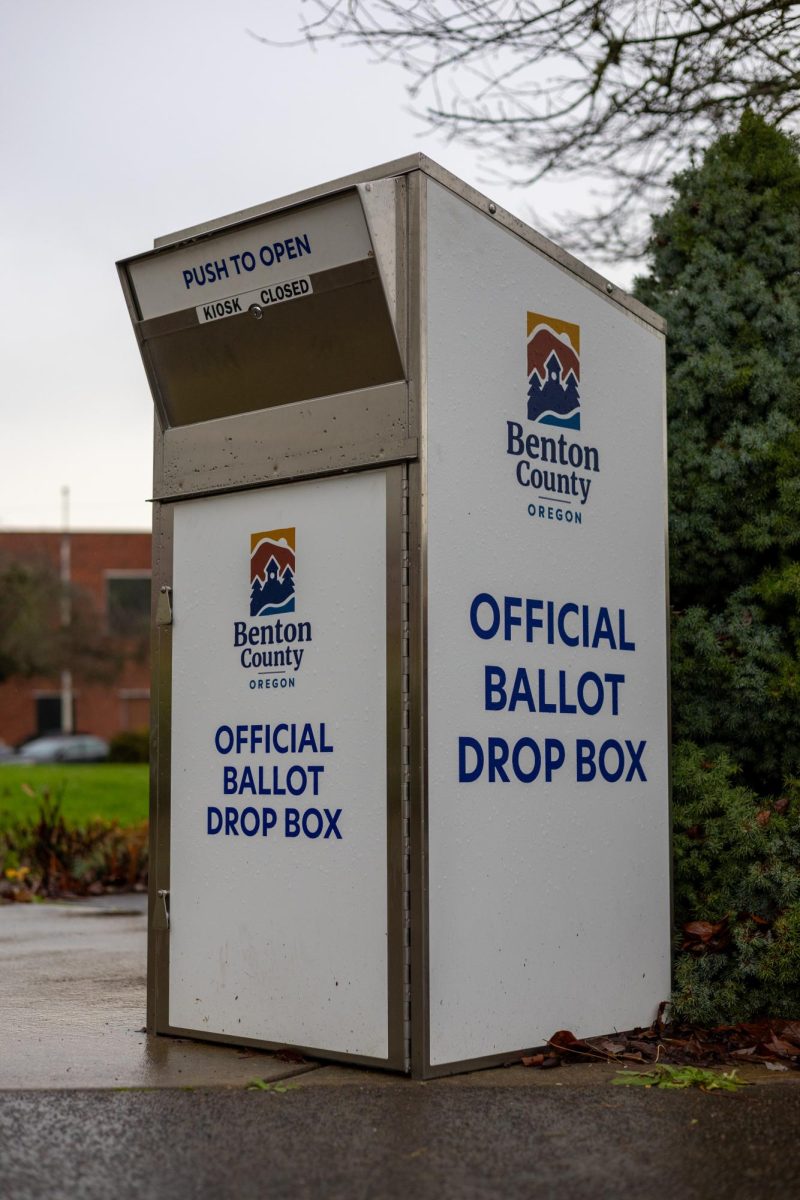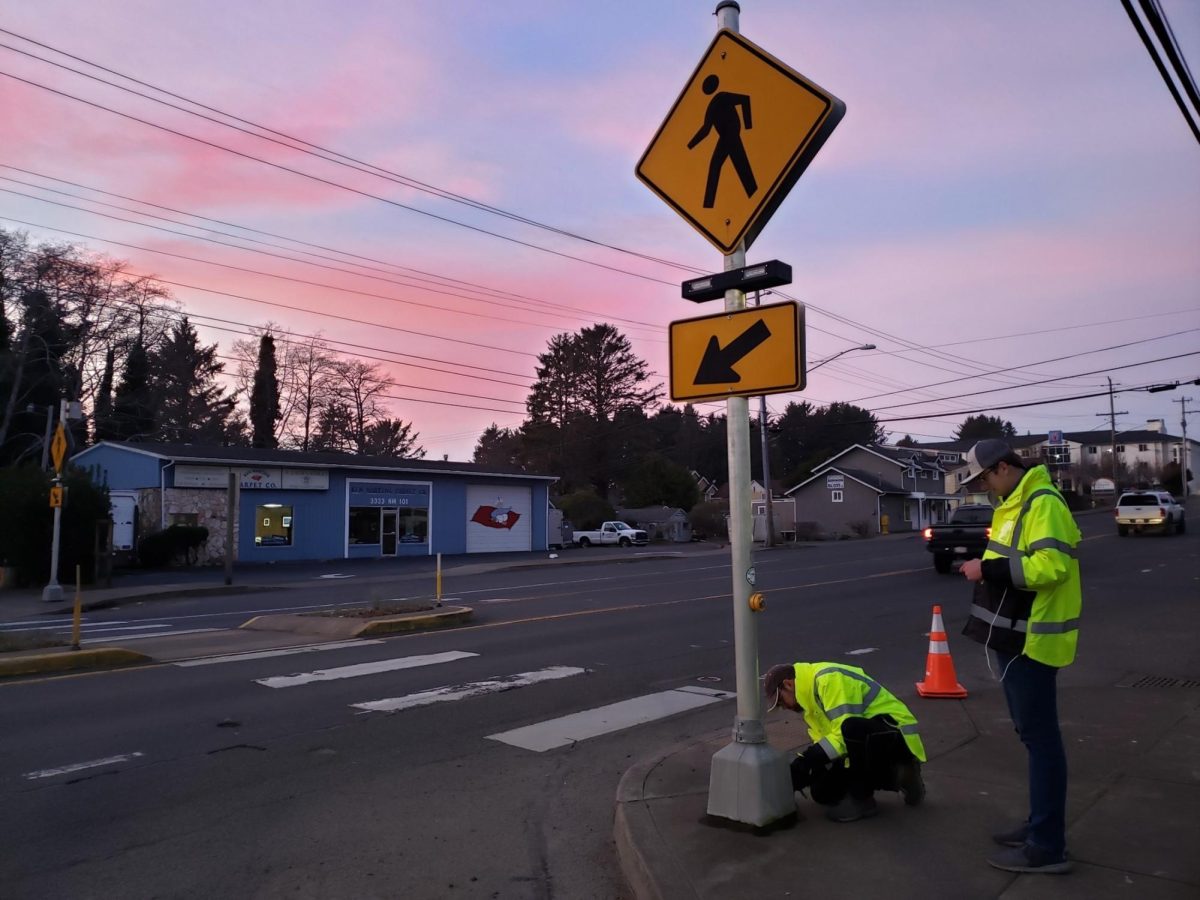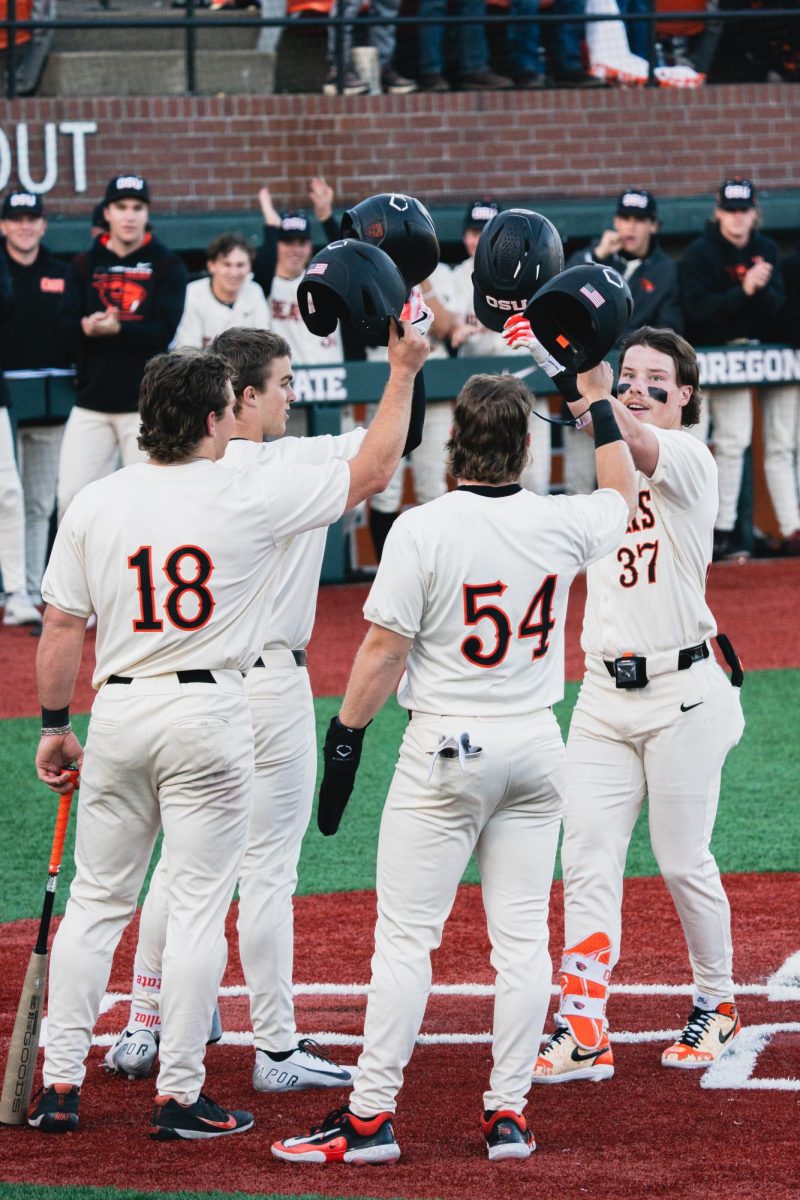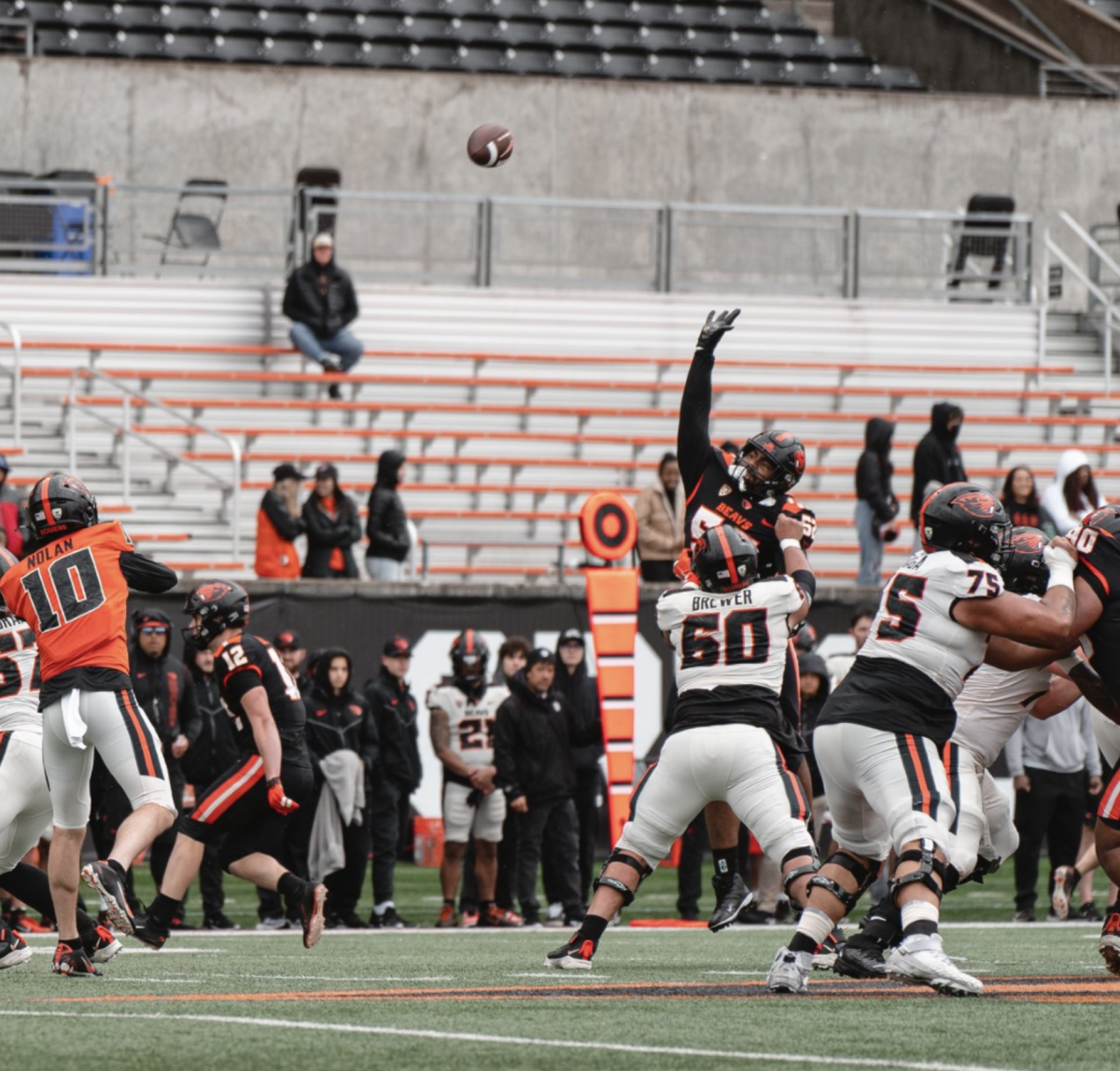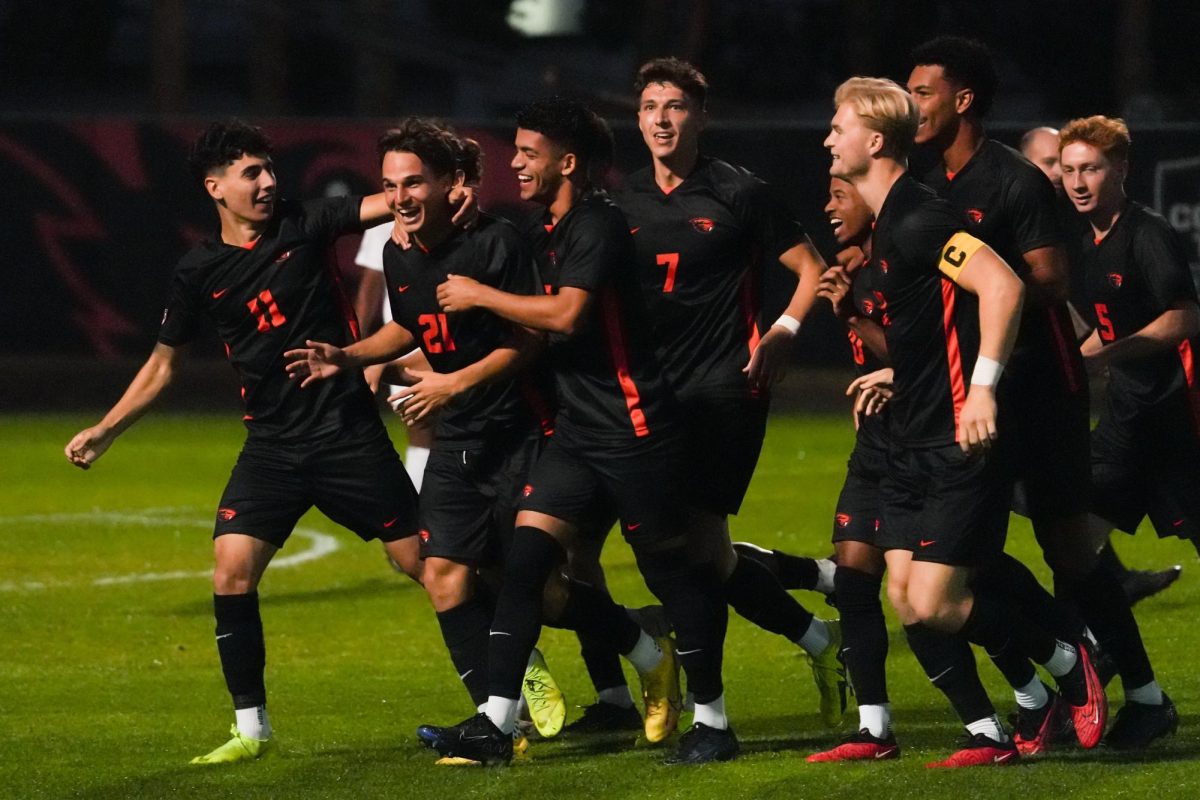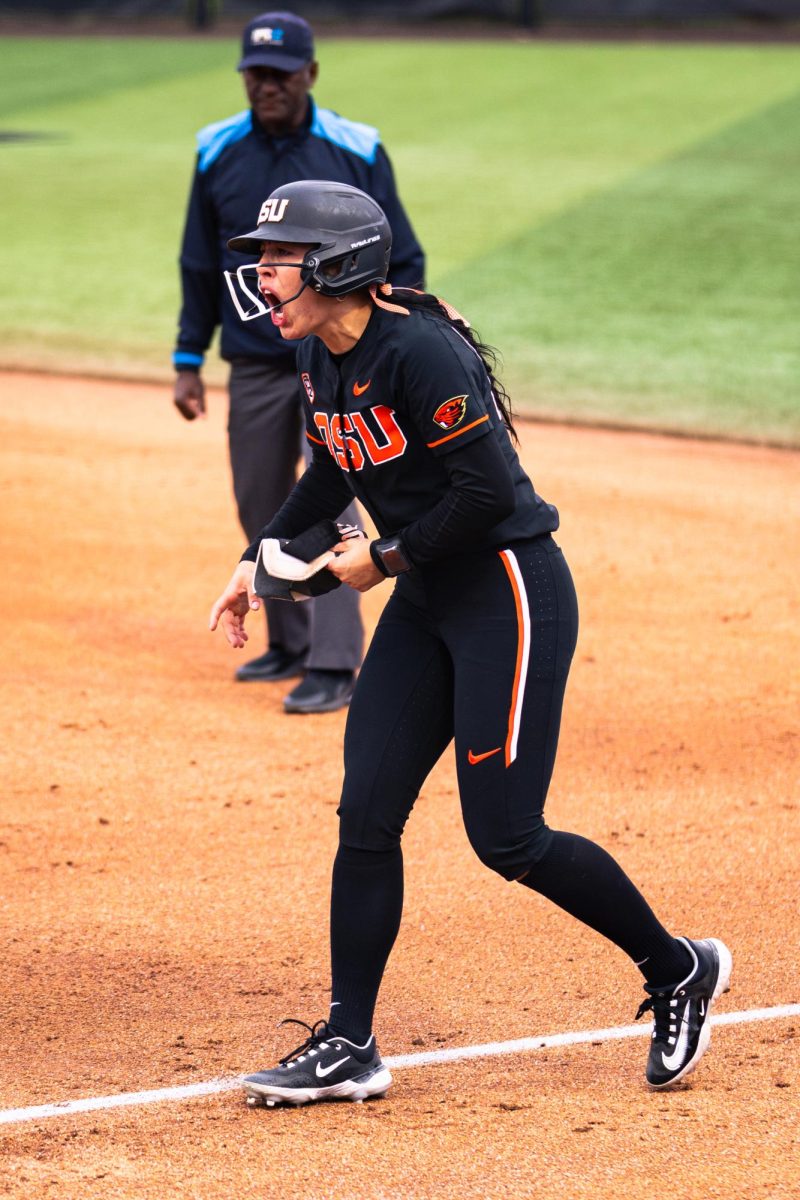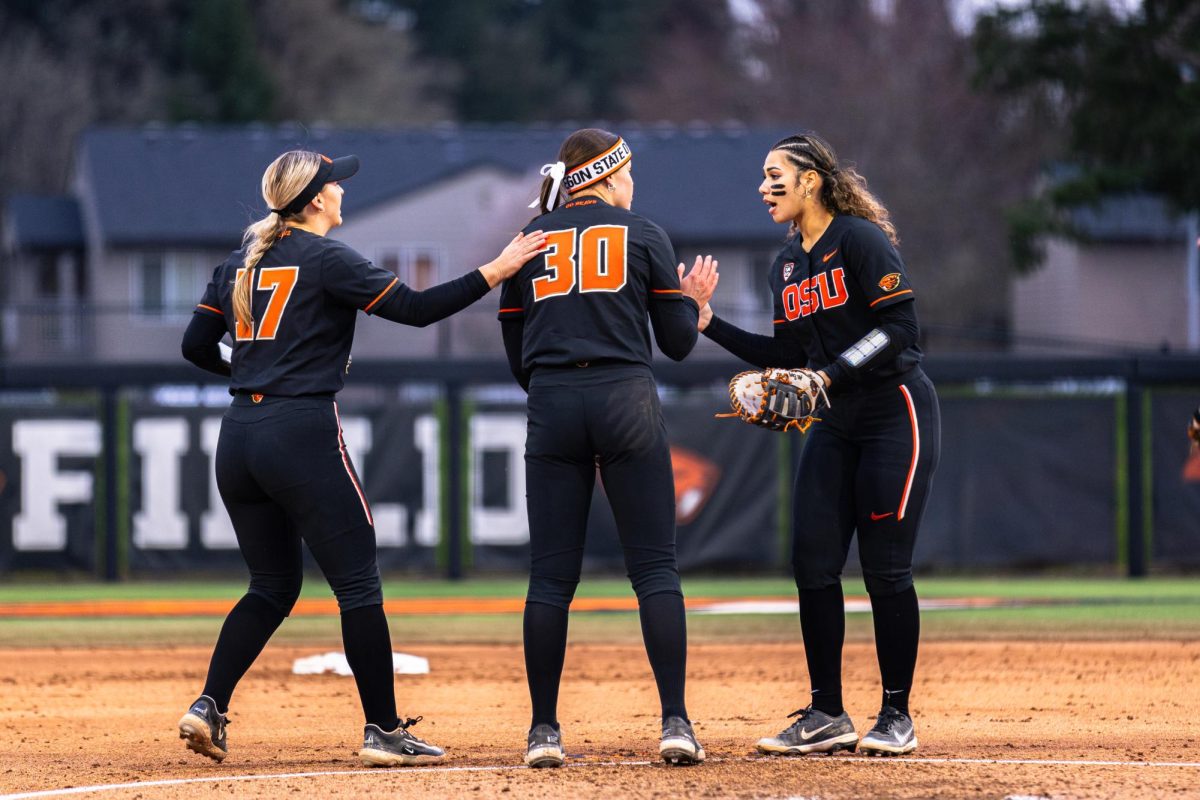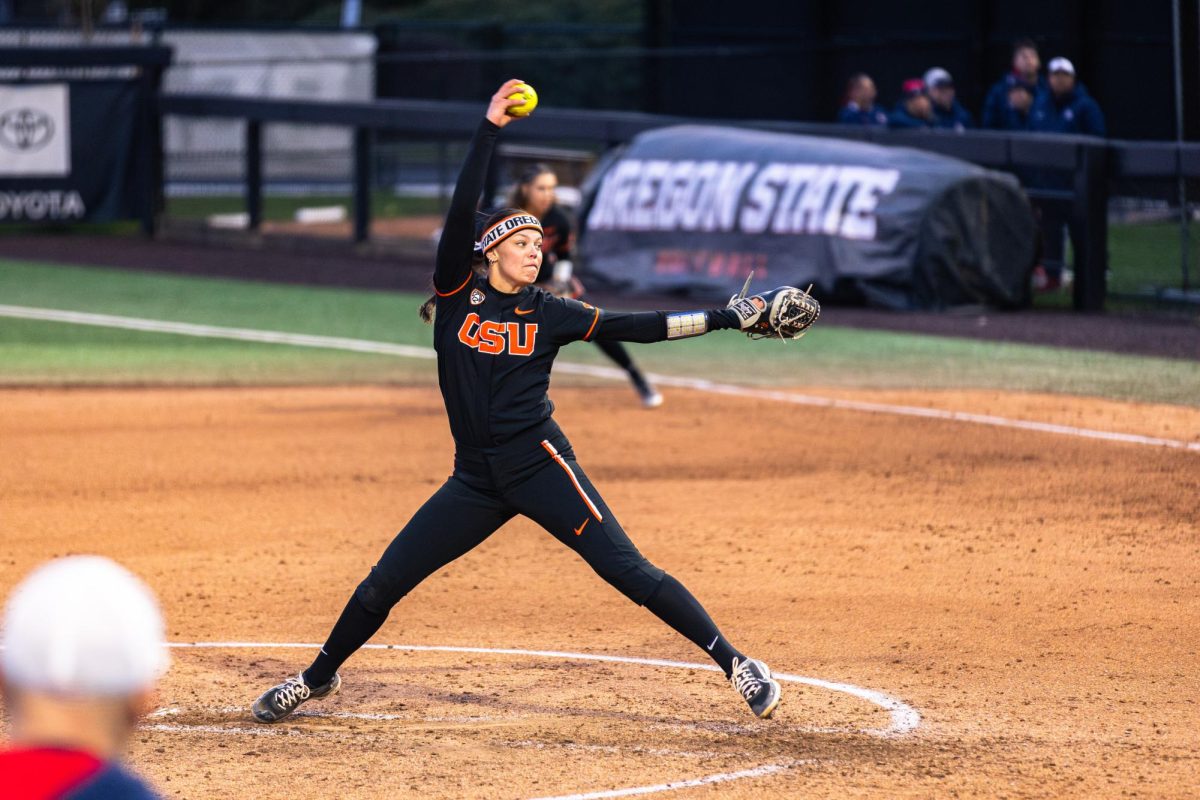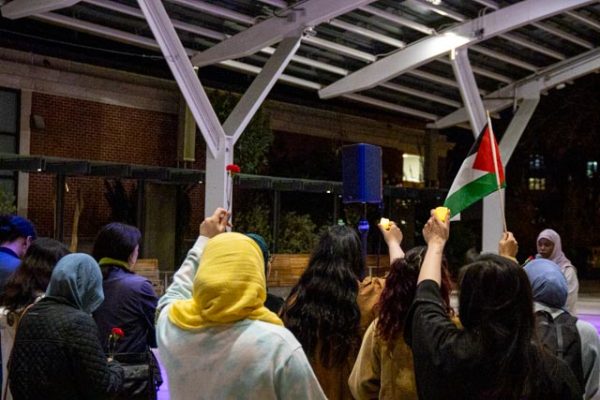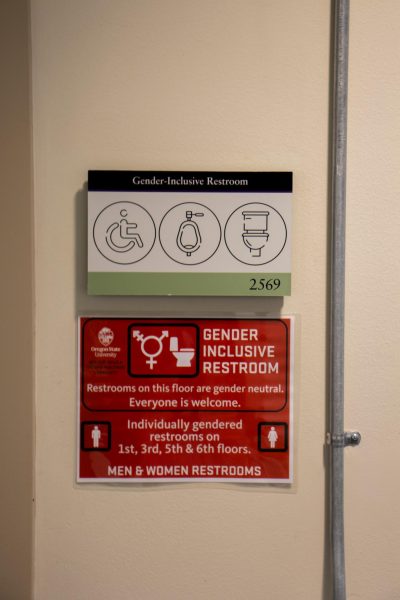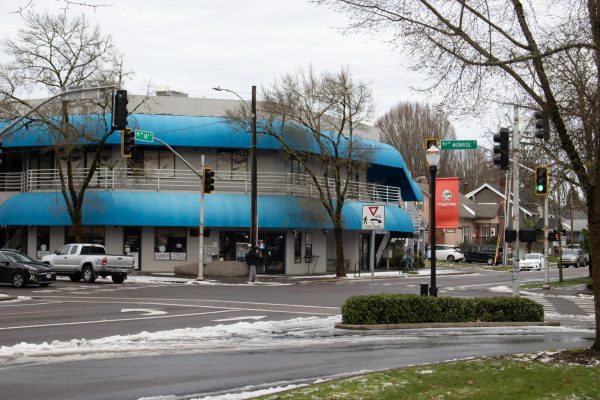Column: Challenges in the first-year experience
June 26, 2019
In my first year at OSU, I faced several academic obstacles that were caused by the University’s institutional decisions.
An obstacle most college students face is late-night midterms and final exams. Not only does this hinder students that are naturally early risers, but it also makes it dangerous for commuter students to drive home after a long midterm or final. This can also lead to frightening encounters with predators or transients who wish to do harm. In my time at OSU, I was faced with late-night exams that made my drive home terrifying. There was one time in particular when I got home after a final at 8 p.m. and two hooded men waited for me to get out of my car. Cautiously I waited with the doors locked, and when I saw a neighbor pass by them with no interaction I felt guilty for judging the hooded figures and got out of my car. Once I left the safety of my vehicle they both rose and walked towards me. As they crossed the street meeting me in the middle, they attempted to grab my arms. I shook them off and ran inside the apartment building.
When starting out at Oregon State University, I knew that I wanted to be a journalist. However, I was also very interested in exploring Botany and other sciences that OSU had to offer. Before coming to OSU, I was taking an intensely heavy load of classes from several different colleges. Upon my arrival, it was found that a great deal of the classes that I had taken were entered in as a lower level equivalent course. I took the same course featured at OSU, but they deemed it to be a lesser version and I had to retake some of my previous classes for credit.
At first, I could let go of the set back with the mindset that I might be able to learn more about the subjects that I found so intriguing. Unfortunately, that was not the case. This time the midterms and finals were late at night, the course materials were less in depth, and the Teaching Assistants were noticeably inexperienced. Being a morning person and a commuter student, this killed my grade point average and made me feel very disregarded when it came to my education.
Since I received C’s on my midterm and final exams, I almost lost my scholarships, which are the only ways I am able to pursue higher education. While it is said that grades are not an accurate representation of a person’s knowledge, they do have a large impact on whether or not that person can continue to work towards higher education.
According to the Oregon State admissions frequently asked questions page, if students want to graduate in four years they must be taking an average of 15 credits. This is a goal that most students have in mind, but is often disrupted by the retaking of past classes. Additionally, the large discrepancy in transferring credits from one college to another has affected many students at Oregon State and globally. Errors like this can occur if a transcript from one college does not match the requirements of another college. Whether the cause is course numbers not matching, or the requirement it once filled now only filling elective credits, students are forced to retake classes they have already taken and paid for. This was an obstacle I faced when retaking the same chemistry and biology courses. Retaking a course is an infringement upon a student’s time, money and their advancements in education. That extra time could have been spent earning more income at a workplace or taking the next class needed for a major.
Students who commute also face large penalties for being late to a class. While sometimes it is possible to leave earlier in the day to avoid traffic, it is almost impossible to avoid the everyday hindrances that one faces when living with a family member or roommate. In my case, it was both a parent and a roomate. There were many times this year where in the morning I felt like it was my obligation to drop everything to help out when my mother was struggling, and there were times when she did not understand that I had to leave before completing certain tasks.
I believe that universities need to adapt to their students’ needs, not the other way around. Students spend their time, money and younger years for their education; therefore it doesn’t make sense to not have it specialized to their academic needs. The university is being paid by the students to adapt their time and efforts to help the students achieve an effective higher education, but the faculty involved are not following through. Important changes could be made by listening to the students’ needs and suggestions. In the case of late night exams, professors could have the exam time be split between the morning and night, then students could choose which exam time would work best for them. Additionally, Oregon State accepting all credits sent over from another university or community college and having the courses be completely transferable would save many students much needed time and money.







